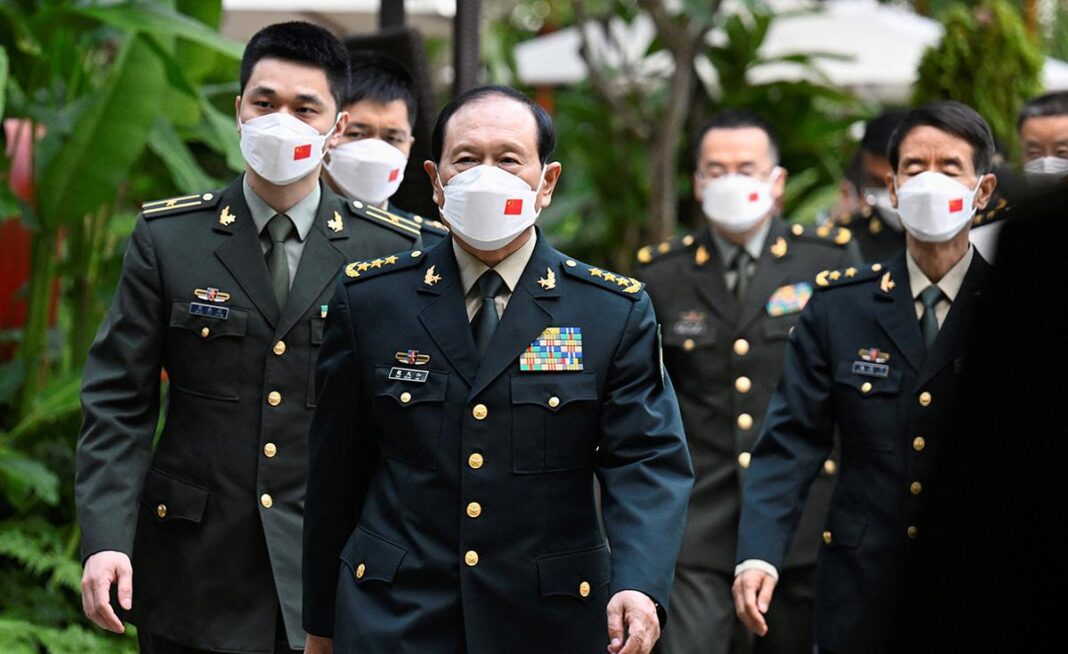China has offered Pakistan’s visiting Army Chief technical help as the country deals with record floods, but did not announce any substantial financial assistance which its “all-weather” ally has been seeking.
Both Pakistan and Sri Lanka, facing financial stress, have been engaged in long-running talks with Beijing for assistance, but with negotiations in both cases having made little headway, both countries have turned to the International Monetary Fund (IMF). Their new IMF commitments are now likely to impact their owed payments to China, which has lent the two countries more than $26 billion in the past five years.
Following talks in Xi’an between Pakistan’s Chief of Army Staff General Qamar Javed Bajwa and China’s Defence Minister General Wei Fenghe, the Chinese side expressed willingness to provide technical assistance for flood relief work, Pakistan’s official Inter Services Public Relations said.
Chinese State media quoted Gen. Wei as calling on both countries “to tide over difficulties together, fully trust each other, and unswervingly support each other’s core interests on the way forward” but did not detail any offers of assistance. Chinese media noted that Beijing had previously provided relief supplies worth $57 million.
Earlier this month, Pakistan’s government assured the IMF it would reduce capacity payments owed to Chinese projects or seek to restructure loans, with over $1.09 billion still owed to Chinese power producers.
Meanwhile, Sri Lanka has been pressing Beijing for a $4 billion loan, but talks that have dragged on for several months appear to have not yielded an agreement. Rather than restructure Sri Lanka’s existing debt, Beijing has indicated it would prefer to instead extend new loans to an already heavily indebted economy.
On September 1, Sri Lanka and the IMF reached a staff level agreement with the Fund set to support Sri Lanka with an Extended Fund Facility (EFF) of $2.9 billion, contingent upon Sri Lanka’s successful debt restructuring efforts, which will hinge in part on China’s agreeability. Sri Lanka’s creditors also include International Sovereign Bond (ISB) holders, multilateral lending agencies and other bilateral partners such as Japan and India.
While Japan and India have been very supportive of the IMF process from the beginning, all eyes were on China to see if it would play ball, although some analysts in Sri Lanka expressed hope citing China’s willingness to work on a debt relief deal in Zambia. In response to Sri Lanka’s IMF agreement, Beijing said as a “traditional friendly neighbour” of Sri Lanka and a “major shareholder” of the IMF, China has “always been encouraging” the IMF and other international financial institutions “to continue to play a positive role in supporting Sri Lanka’s response to current difficulties, efforts to ease debt burden and realise sustainable development.” Sri Lanka is currently in talks with its creditors, with the hope of qualifying for the Fund’s EFF.

